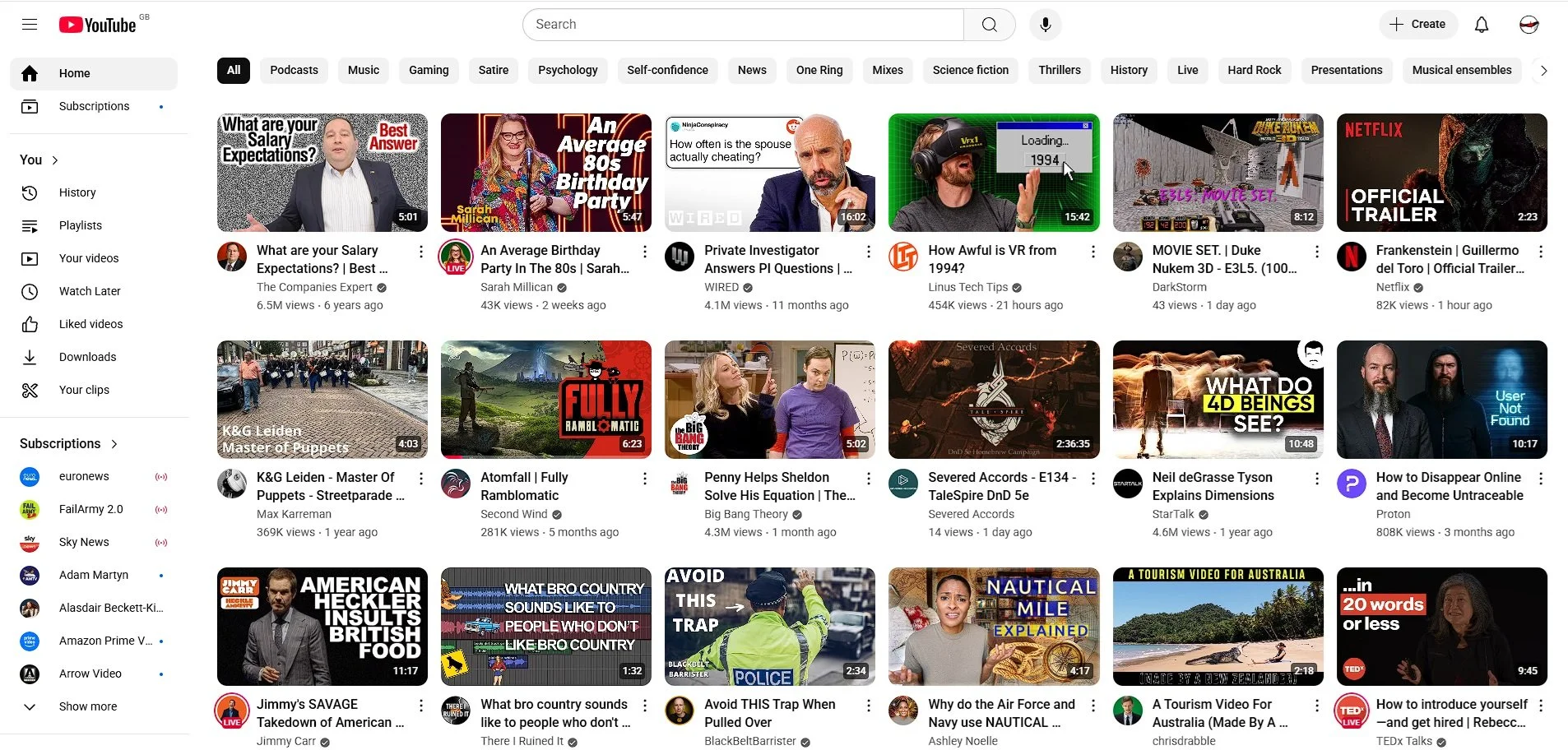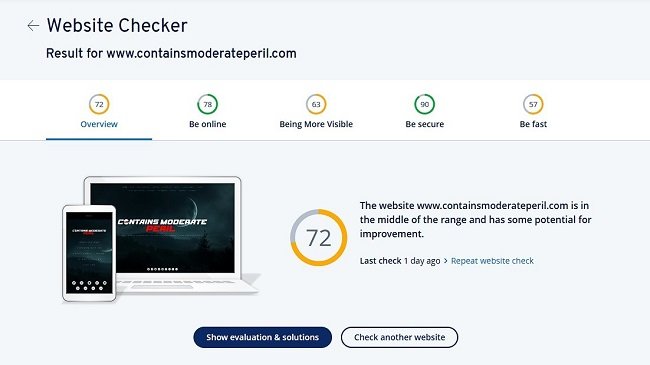Language, Style and Tone
One of the many choices that you’re presented with when you start blogging is what style to adopt. You can make a conscious decision right from the outset regarding the tone and language you intend to use, or you just “dive right in” and see what evolves over time. Blogging is a far less formal kind of writing compared to traditional mediums and therefore lends itself to a wider range of choice and means of expression. Language, style and tone certainly have an impact upon your work and are key (along with content) in creating your identity and online brand. Therefore, they have a direct bearing upon what sort of readership you may attract and cultivate. Hence it is beneficial to be aware of the significance of language, style and tone.
So here are a few thoughts on all three of these factors. Their relevance depends on what you write about and how seriously you consider your work. Although language, style and tone are important, if you are writing light and entertaining material that is meant to be enjoyed rather than dissected, then it is not necessarily such a pressing matter. If you like to write reviews or opinion pieces and are happy to express opinions about controversial issues, then their significance and impact are greater. It is for you to decide if these three aspects of writing are important to your content creation.
Language:
Brief and concise writing using plain and simple words can be an eminently practical approach to blogging. It allows you convey your thoughts quickly and easily. If you are writing anything explanatory, then writing in this manner is ideal. Guides, walkthroughs and FAQs benefit immensely from an economy of words. But writing is not a “one size” fits all undertaking. Long, complex and even verbose writing can be appealing to certain demographics. Sometimes you can more accurately express yourself when using florid language. Brevity can be constraining and doesn’t always allow you to accurately convey your thoughts and sentiments. Hence, there are times when long form writing, written in a scholarly manner is an appropriate means to an end. The great thing about the English language is that it there are multiple words meaning the same thing, so you get to choose the ones that best serve your needs.
How you use language, naturally has a bearing on your readership. Some will prefer concise and straightforward prose. Others will seek out the opposite. Newspapers are a prime example of this, adopting the language that best suits their target audience. And let us not be naïve and fail to recognise that there’s a culture of snobbery surrounding language. It is after all a socio-political tool. Whether you like it or not your written content will be judged in part by the very words that you use, or in some instances not use. This is why some writers will spend a great deal of time editing their work to ensure that they use the right language to express their point clearly and unequivocally. Of course, you can also do the complete opposite if that is your intention.
Style:
I personally favour a conversational style with my online writing. I am sharing my thoughts which I rhetorically question and analyse. As such, I do not see the need to couch them in the formality associated with a scholarly essay or that of a broadsheet newspaper. I will make quips and jokes to lighten the tone, as well as using pop-culture references. Yet I still use conventional methodologies if I am constructing a reasoned argument. Premises and conclusions need to be established and if I’m writing a “think piece” about a subjective matter, I will try an include multiple perspectives on the subject.
Because I do enjoy “word play” and believe wholeheartedly in the old adage “you must say what you mean, or else how can you mean what you say”, I am somewhat verbose. But words are nothing to fear and if someone uses one that you’re not familiar with then there is no shame in asking for an explanation. Indeed, add it to your personal lexicon. Expanding your vocabulary is empowering. However, I fully recognise that others are far more comfortable doing the opposite. Namely, writing as they would speak among their peers. It all about finding what’s right for you and your content. A twenty-year-old and someone twice that age can both express the same point, but their choice of words will often be radically different. That is one of the pleasures of reading other peoples blogs. Not only to learn what they think, but to enjoy how they express themselves.
Tone:
In some respects, a writer’s tone is the most telling thing about themselves, their content and world view. It is the written equivalent of body language and verbal expression. Tone lets the reader know if the author is angry or amused, outraged or enthused. It also determines whether a written point is being presented for your consideration or whether it is being expressed as an unassailable “truth” or empirical fact. Tone also provides scope for an author to be frivolous, welcoming, measured or bellicose. Some writers are cognisant of tone to the extent that they can use it along with style as a way of controlling the way readers perceive them. Why state when you can imply? Ambiguity has advantages when exploring certain subjects. Again, tone is something you can choose to use within your writing. For some writers, it just inherently bleeds out into their work. It is something else that readers can use to judge the author.




























